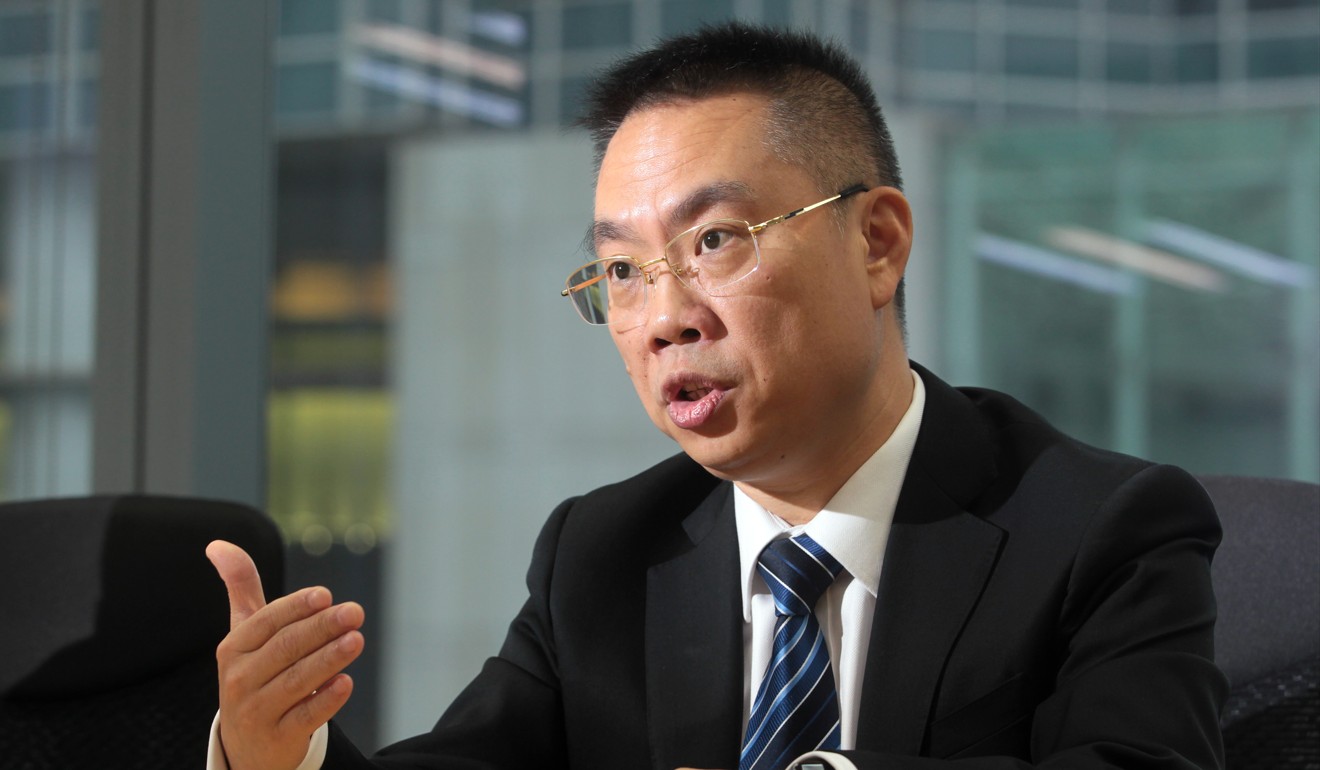
China’s regulator snubs psychiatric hospital’s IPO bid despite huge investor interest
The CSRC says the hospital group has failed to clarify valuation of property investments and transactions with affiliated businesses controlled by founder

China’s securities regulator threw a wet blanket over investors’ mounting fervour to profit from the booming mental-health-care service sector after it rejected a listing application by the country’s largest privately-owned psychiatric hospital group.
Wenzhou Kangning Hospital, founded by doctor-turned-entrepreneur Guan Weili, failed to pass an initial public offering (IPO) screening on Tuesday, where it was required by the China Securities Regulatory Commission to clarify some of its transactions with affiliated businesses and fair valuation of its property investments.
The company has drawn huge investor interest on the mainland stock market after it published its prospectus and filed for the IPO at the end of 2016.
A share listing by Kangning, the first psychiatric hospital group to be traded by mainland investors, was seen as sign of breaking the mental-health taboo in a country where such illnesses are still stigmatised.
“Investors were avidly expecting an IPO by a psychiatric hospital, particularly one of the leading hospital groups,” said Liu Qiaoyu, a Huatai Securities analyst. “It would be actively chased by investors if its IPO had been approved.”
Kangning raised HK$670 million (US$85.68 million) in an IPO on the Hong Kong stock exchange in November 2015 with its shares heavily oversubscribed.
On the mainland, it sought to float 81.16 million shares to net about 193 million yuan (US$30.15 million).
The CSRC said in a document published after the IPO hearing that Kangning has to clarify on the revenue collected from managing psychiatric departments for other major hospitals, fair valuation of property investments and the transactions with other affiliated businesses controlled by its founder Guan Weili.
Kangning was among the six companies that the CSRC rejected for listings on Tuesday as the regulator tightened oversight on the authenticity of candidates’ earnings reports, internal-control capabilities and deals with affiliated companies.

It would be actively chased by investors if its IPO had been approved
At the end of 2016, the mainland had 5.4 million people with mental disability, according to the National Health and Family Planning Commission.
But about 200 million Chinese were estimated to be suffering from some form of mental-health disorder.
Mental illness has long been ignored by the public until recent years when more affluent white-collar workers became aware of the adverse impact from depression, anxiety and insomnia.
China’s rapid economic transformation is increasingly viewed as a negative factor that could lead to “progress paradoxes”, and a rise in the number of people suffering from mental illness as they tend to become unhappy albeit with progress.
Kangning was established by Guan in 1996, focusing on psychiatric treatment.
Its net profit jumped 27 per cent to 65.5 million yuan in 2016. For the first six months of 2017, Kangning earned 30.3 million yuan.
Kangning’s H shares climbed 26.4 per cent to HK$42.6 last year. On Wednesday, they plunged 11.3 per cent to close at HK$41.